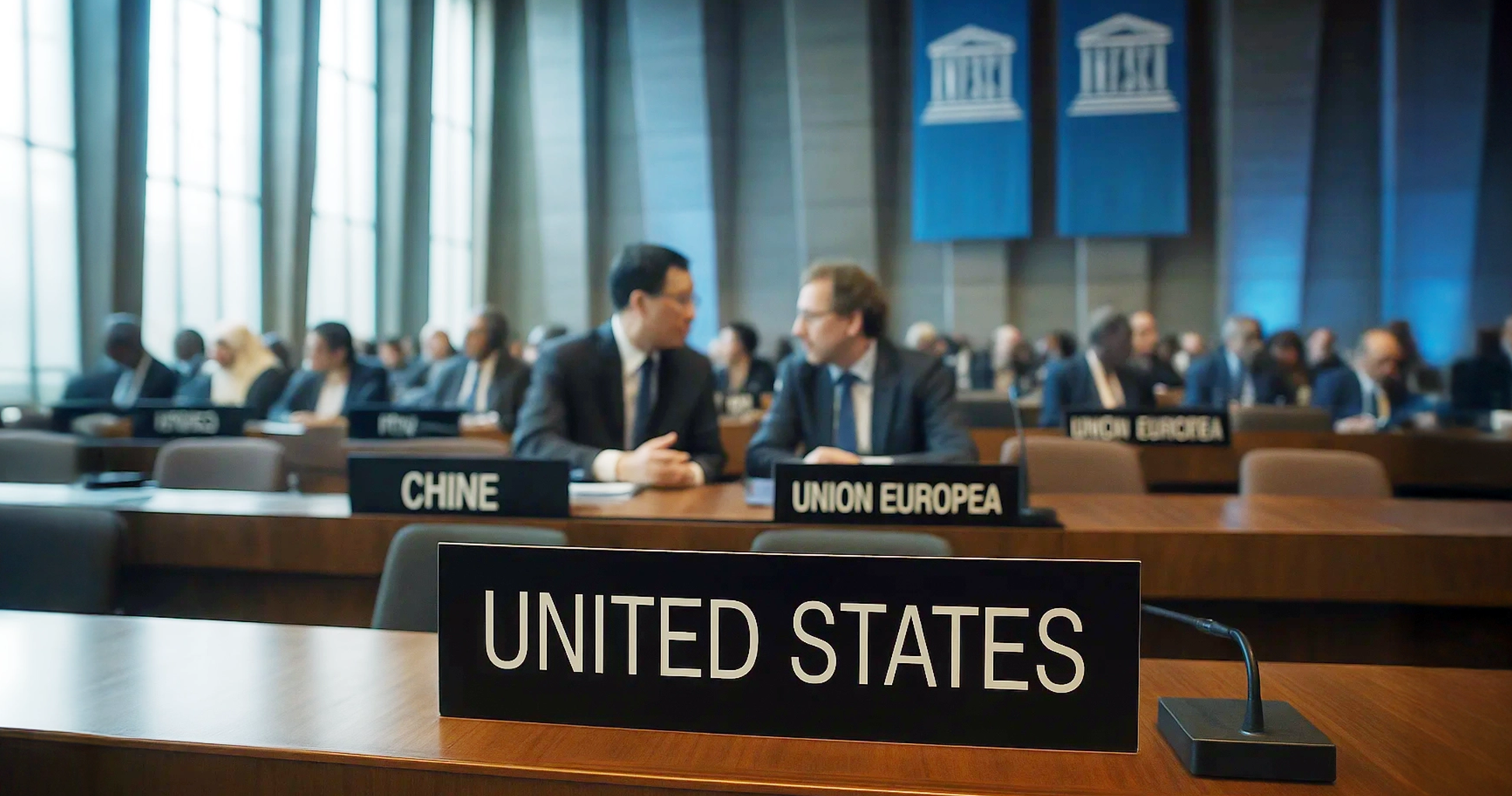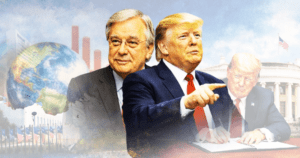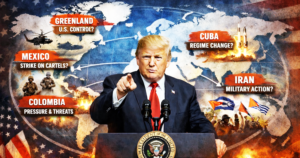When the United States walks away from a global institution, the world takes notice. The recent announcement of America’s withdrawal from UNESCO (its third in seven decades) raises more than diplomatic eyebrows; it signals a recalibration of the U.S.’s relationship with multilateralism, cultural diplomacy, and global cooperation. Behind the headlines lies a deeper story about what the move means for international influence, scientific collaboration, and the future of shared values in a polarized world.
Repeating History, Escalating Motives
Unlike the more pragmatic re-entries and exits of the past, this departure was driven by ideological friction. The U.S. State Department, under the Trump administration, cited UNESCO’s “radical” engagement in social and cultural causes and its alleged bias against Israel. These rationales mirror those from 1984 and 2017, when the Reagan and Trump administrations respectively accused the agency of politicization and anti-Western sentiment.
In this iteration, the policy shift aligns tightly with the administration’s “America First” ethos. Following a review of U.S. participation in international bodies, UNESCO stood out for being “misaligned with American values”, particularly over issues related to gender, race, and Israel-Palestine policy, according to Time.
What’s Really at Stake?
The implications are substantial. UNESCO doesn’t just issue symbolic declarations; it sets global standards on education, science ethics, and cultural preservation. The U.S. stands to lose access to key multilateral projects, such as the preservation of endangered World Heritage Sites, ethical frameworks for artificial intelligence, and initiatives on Holocaust education and freedom of expression.
Though the designation of U.S. landmarks like Yellowstone and the Grand Canyon as World Heritage Sites won’t be revoked, they may no longer receive global funding or expert consultation, making them more vulnerable to budget cuts and mismanagement at home.
Additionally, UNESCO has increasingly become a venue for shaping global ethics, from digital rights to environmental governance. As Daniel Wagner, an expert on international affairs, noted in Nature, “It’s never been wise to pull out of UNESCO, and now is particularly poor timing” given the rise of complex global challenges.
Undermining U.S. Influence, Empowering Rivals
The broader concern is geopolitical. By vacating its seat at the table, the U.S. allows rival, chiefly China, to expand their influence over UNESCO’s strategic direction. Beijing has actively invested in UNESCO’s cultural diplomacy and digital ethics discussions, often advocating norms that contrast sharply with Western liberal values. As UNESCO sets standards on artificial intelligence, sustainable education, and digital equity, the absence of American input creates an ideological vacuum.
This could reshape the global policy landscape in ways that outlast a single administration. The long-term erosion of U.S. soft power, its ability to persuade through values and cooperation, may be more difficult to quantify than a budget line, but it is no less real.
UNESCO Responds with Pragmatism
In a statement responding to the decision, UNESCO Director-General Audrey Azoulay expressed regret but emphasized resilience. The agency has diversified its funding base significantly since the U.S. froze contributions in 2011. Currently, U.S. funding accounts for just 8% of the $900 million annual budget, according to UNESCO.
Azoulay highlighted that UNESCO will continue to operate effectively through partnerships with the EU, African Union, and other major actors. The organization has scored recent wins with AI ethics guidelines, the “Revive the Spirit of Mosul” heritage project and increased global access to educational resources. She emphasized that UNESCO remains “a unique forum for consensus-based multilateralism”.
A Domestic Signal, A Global Reverberation
This withdrawal resonates not only abroad but also domestically. It reflects a growing tension between nationalist and internationalist visions of U.S. foreign policy. Some American policymakers see global cooperation as a liability rather than an asset, particularly when international institutions criticize U.S. allies or elevate non-Western voices.
But cultural diplomacy isn’t just symbolic, it’s strategic. From libraries in war zones to climate education in the developing world, UNESCO helps set the soft-power agenda. For the U.S. to exit that process is to forgo both leadership and legitimacy in spheres that transcend borders.
A Final Note: A Short-Term Win, a Long-Term Cost
By leaving UNESCO, the U.S. may satisfy a segment of domestic politics, but it undermines its ability to shape the global norms of the 21st century. The symbolic protest carries tangible costs: fewer partnerships, diminished authority, and weakened trust among allies. If global cooperation is the scaffolding on which future peace and sustainability are built, the U.S. has just removed a vital plank beneath its own feet.
















